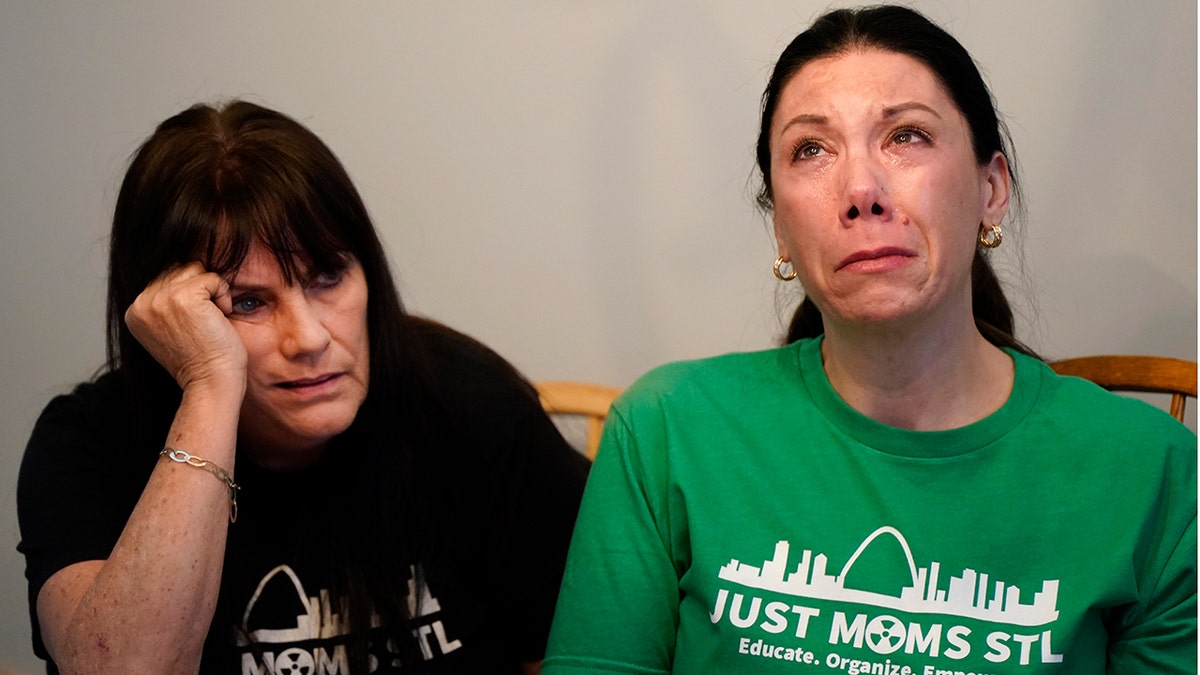From the mid-20th century, St. Louis played a crucial role in the nation's nuclear weapons program, primarily processing uranium for refinement into weapons-grade material. However, this vital contribution came at a steep price, as government documents reveal a pattern of negligence and disregard for the environmental and health risks associated with nuclear waste.
Internal memos and inspection reports from the 1950s onwards expose a troubling lack of concern for proper waste disposal. Instances of radioactive materials spilling from transport vehicles, haphazard storage practices, and inadequate cleanup efforts were commonplace. Despite documented evidence of contamination, companies involved often faced minimal consequences.
The long-term effects of this neglect continue to haunt the region. Federal investigations have linked childhood exposure to contaminated creeks with increased cancer risks, leading to school closures and costly remediation projects. Activist groups like Just Moms STL advocate for cleanup and buyouts for affected communities, highlighting the ongoing struggle for environmental justice.
The historical context of the Cold War and the urgent push for nuclear supremacy partly explains the lax safety standards of the time. However, the prioritization of speed and secrecy over environmental protection resulted in widespread contamination that continues to impact communities today. While significant progress has been made in cleanup efforts, the legacy of nuclear waste mismanagement serves as a stark reminder of the importance of responsible environmental stewardship.

Karen Nickel (left) and Dawn Chapman (right), co-founders of Just Moms STL, advocate for communities affected by nuclear contamination.
The story of St. Louis underscores the enduring challenges of nuclear waste management. While the government acknowledges past mistakes and is committed to ongoing cleanup, the long-term health and environmental consequences remain a source of anxiety for residents. The fight for accountability and compensation for affected individuals and families continues, serving as a testament to the lasting impact of decisions made decades ago.
Comments(0)
Top Comments